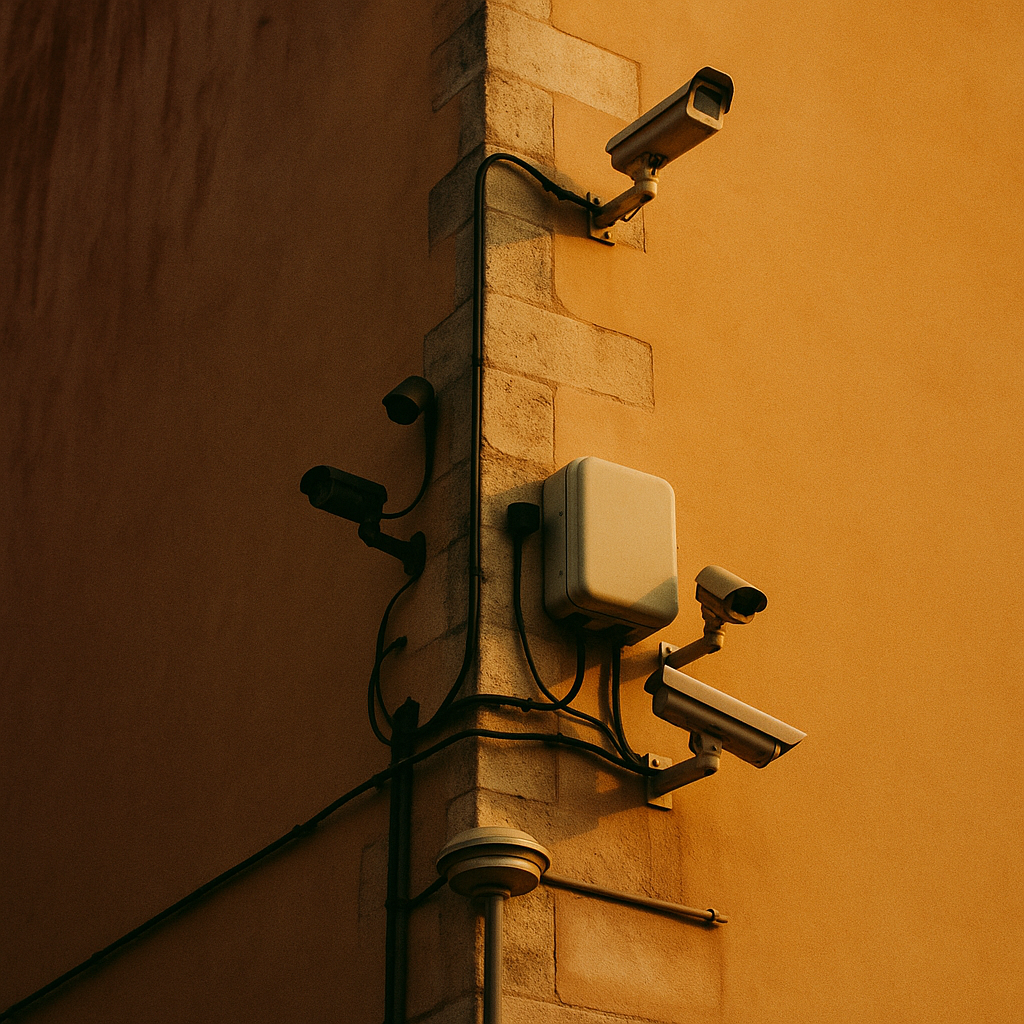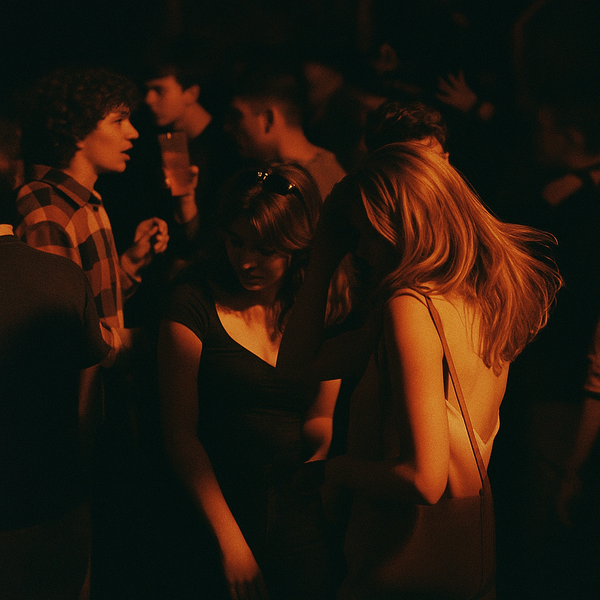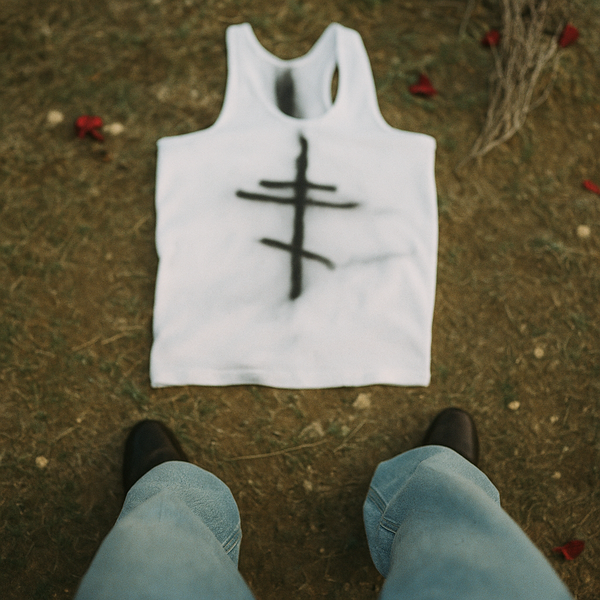Kohler's Toilet Cam and the No Kings Protests: A Flush of Modern Rebellion

So here's where we are: a major plumbing company wants to put a camera in your toilet, and Americans are marching in the streets with "No Kings" signs. If you told me five years ago these would be defining moments of 2025, I would have assumed you were pitching a rejected Black Mirror episode. But no—this is just Monday now.
The Dekoda, Kohler's $599 camera attachment for your toilet bowl, was recently unveiled with all the fanfare of a product nobody asked for but everyone will remember. It takes pictures of what's inside your toilet. Let that sink in. Or don't, actually—that's probably what got us here in the first place. The company frames it as a wellness tool, because apparently the one place we hadn't yet surrendered our privacy needed conquering. Your morning constitutional is now content.
Meanwhile, protesters carrying "No Kings" signs have been showing up across American cities, part of what's being called a movement against expanding executive power. The timing feels almost poetic—as if the universe decided to serve us a metaphor so obvious even a middle schooler would call it heavy-handed. On one side, we have a toilet camera. On the other, citizens literally invoking the American Revolution. Sometimes history doesn't rhyme so much as it performs interpretive dance.
The thing about the Dekoda that makes me laugh—and then immediately stop laughing—is how perfectly it captures our current relationship with technology. We've gone from "I have nothing to hide" to "please, analyze my waste" with remarkable efficiency. It's the logical endpoint of the quantified self movement: we tracked our steps, our sleep, our heart rates, and now, inevitably, we've arrived at the final frontier. Your toilet knows more about you than your therapist.
But here's what kills me: Kohler isn't even trying to hide what this is. They're not wrapping it in euphemisms about "bathroom wellness solutions" or "hygienic monitoring systems." Nope. It's a toilet camera. It takes pictures of your poop. For health. The honesty is almost refreshing, like a serial killer who introduces himself as a serial killer at parties. At least you know what you're dealing with.
The No Kings protests, happening simultaneously, feel like they're operating in a completely different century—which, technically, they are. These are people invoking 1776 to protest 2025's political landscape. The sources describe them as opposing authoritarian practices and executive overreach, but what strikes me most is the choice of language. "No Kings." Not "No Dictators" or "No Authoritarians." Kings. As if we're still fighting George III, except now George has a Twitter account and a reality TV background.
What connects these two seemingly disparate phenomena isn't immediately obvious until you realize they're both about the same thing: boundaries. Or rather, the complete erosion of them. The toilet camera asks you to surrender the last vestige of physical privacy. The expansion of executive power asks you to surrender political agency. Both assume you'll trade autonomy for the promise of safety—whether that's health monitoring or national security.
The protesters understand something that tech companies desperately hope we'll forget: privacy isn't just about having something to hide. It's about maintaining spaces where surveillance capitalism and political power can't reach. Your bathroom should be one of those spaces. So should your democracy. The fact that we're fighting for both simultaneously says everything about where we've ended up.
Consider the absurdist timeline we're living through: we fought a revolution to escape monarchy, built a system of checks and balances, and then centuries later, we're photographing our bowel movements while protesters remind us that executives aren't supposed to be kings. If you pitched this as satire, editors would reject it for being too on-the-nose. Yet here we are, living in the rejected draft of history.
The Dekoda represents something more insidious than just another privacy invasion—it's the normalization of total surveillance packaged as self-care. "Don't you want to be healthy?" it asks, camera lens gleaming. "Don't you want to optimize your gut health? Don't you trust us with your most intimate moments?" It's the same logic that got us to carry tracking devices everywhere, except now the tracking device is literally examining our shit.
And maybe that's the perfect metaphor for our current moment. We're so used to being watched that we're volunteering our waste for inspection. We're so accustomed to surveillance that a toilet camera seems like a logical next step rather than a dystopian nightmare. The slippery slope turned out to be a water slide, and we're all going down it together, phones in hand, documenting the descent.
The No Kings protesters, whether they realize it or not, are fighting against this same normalization of the abnormal. When executive power expands unchecked, when democratic norms erode, when the president acts more like a monarch than an elected official—that's the political equivalent of accepting a camera in your toilet. Both require you to accept that this is just how things are now. Both demand you stop questioning why anyone needs that much access to your life.
What makes me genuinely hopeful, though, is that people are still capable of recognizing absurdity when they see it. The Dekoda has prompted considerable skepticism and ridicule online. The No Kings protests show that citizens still remember what this country was supposed to be about, even if we have to dig back to the 18th century to find the language for it.
The real rebellion isn't just refusing the toilet camera or joining the protests. It's maintaining the capacity to see these things as weird. It's preserving that part of your brain that says, "Wait, why would anyone need to photograph my toilet bowl?" and "Hold on, why is executive power expanding?" The moment we stop asking these questions is the moment we've truly lost.
So here's my proposal: let's keep our toilets dumb and our democracies smart. Let's maintain some boundaries between ourselves and the machines that want to quantify us. Let's remember that just because technology makes something possible doesn't make it necessary, advisable, or sane. And let's definitely remember that we fought a war specifically so we wouldn't have kings—a fact that shouldn't need street protests to remind us of, but apparently does.
The future doesn't have to be a place where every surface has a camera and every leader acts like a monarch. We can choose differently. We can decide that some things should remain private, that some powers should remain limited, and that some dignity should remain intact. Even in the bathroom. Especially in the bathroom.
Because if we can't draw the line at toilet cameras and kings, where exactly will we draw it?
References
- https://techcrunch.com/2025/10/19/kohler-unveils-a-camera-for-your-toilet
- https://www.wired.com/story/no-kings-protests-photos
- https://time.com/7326801/no-kings-protests-near-me-trump
- https://time.com/7326346/no-kings-protest-violence-oct-18
- https://en.wikipedia.org/wiki/No_Kings_protests_(October_2025
- https://apnews.com/article/f04e7a4728c10b694f540bcef0646370
- https://apnews.com/article/8a620fbf721d9750f6b8c50a88f7c386
Models used: gpt-4.1, claude-opus-4-1-20250805, claude-sonnet-4-20250514, gpt-image-1




